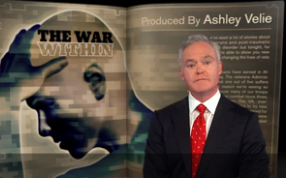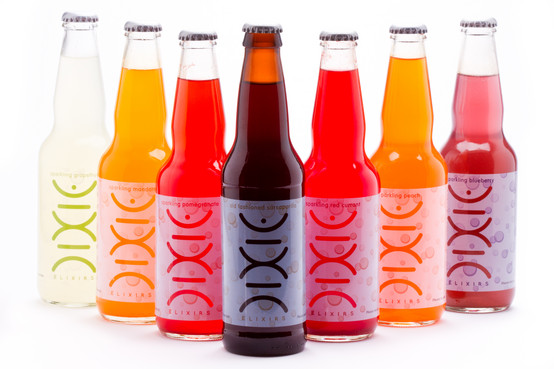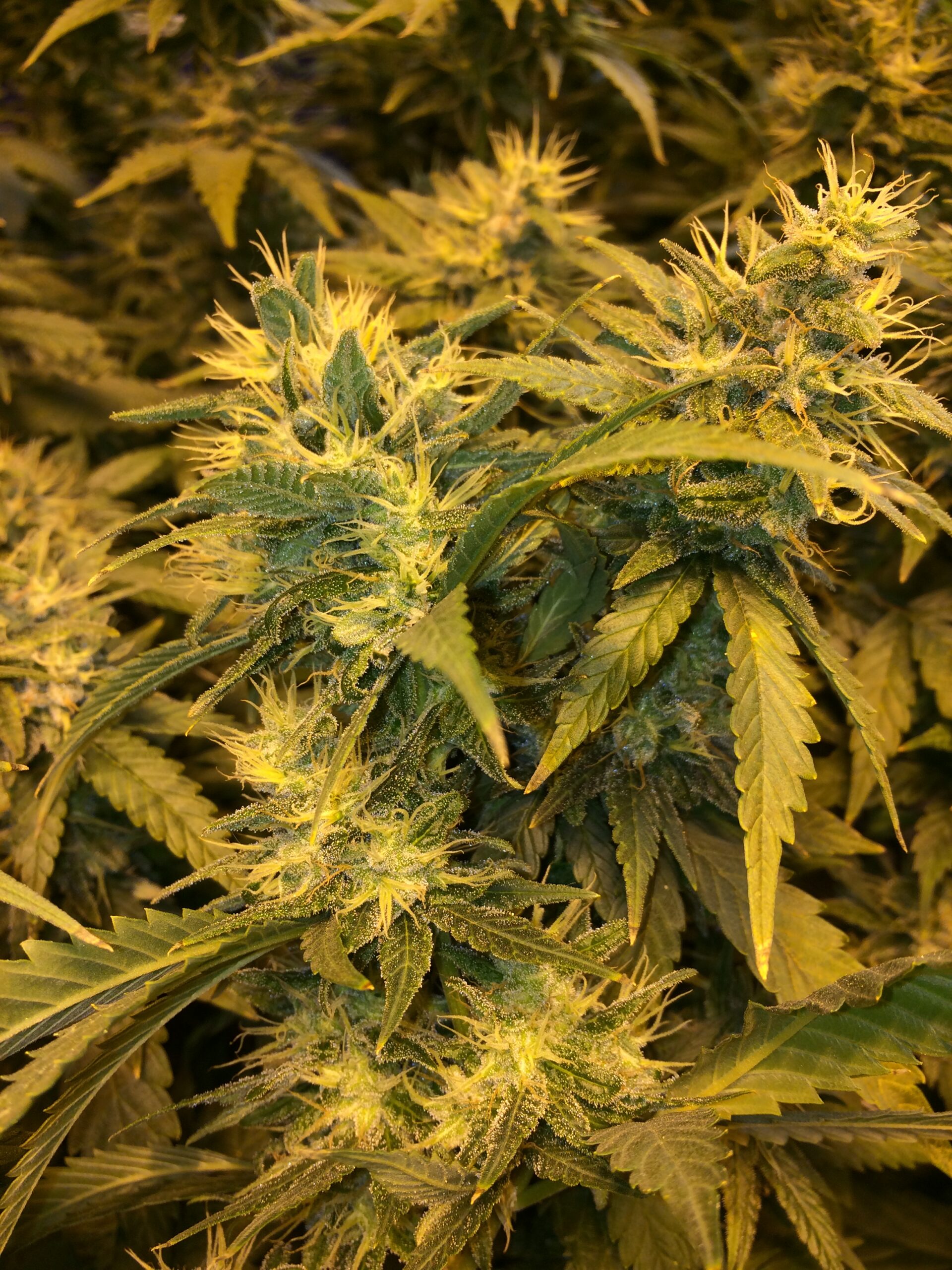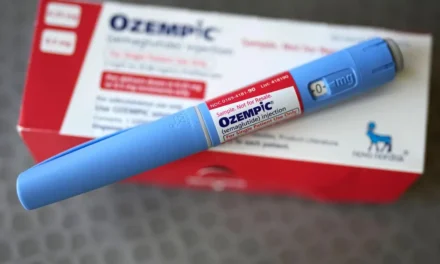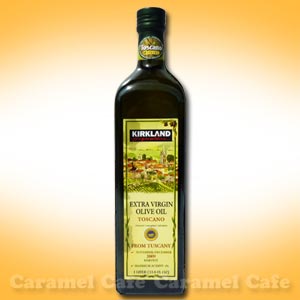Ellen Komp points out an overlooked beneficial effect of cannabis in a note sent May 26:
Remarkable story on 60 Minutes last night about veterans with PTSD, diagnosed now in one of every five vets. http://www.cbsnews.com/news/the-war-within-treating-ptsd-2/
One vet who got hooked on crack cocaine reported depression, anxiety, anger, worthlessness, and guilt at having survived. He started with “alcohol, and lots of it,” which lead to his depression worsening. One relived a wartime memory five times in each therapy session; nightmares, pain and hypervigilance were also reported. All potentially helped by cannabis (though this was not mentioned).
I was struck by the fact that in the group therapy setting shown, nearly all of the vets raised their hand when asked if they would like to return to active duty. One emotionally told of missing the camraderie, the fellowship, the intimacy, saying the loss of it was something he “mourned.” This may be another reason MJ is useful for PTSD: it’s a great aid to camaraderie, esp. to those who have trouble connecting with others.
The piece was interspersed, online, with Viagra ads.
Ellen Komp, Deputy Director, California NORML, www.CaNORML.org
There may be social pressure to say you miss active and your buddies (as opposed to “Thank God I got out of that hellhole alive.”) And you feel for the people who are still in combat zones, at risk, and want to be of help… There are aspects of the military scene some people might be reluctant to say that they miss: a paycheck (small though it may be), three meals a day, a bunk. A really under-appreciated, unspoken aspect of Army life is the social equality. They cut off your hair and you’re all dressed the same, you eat the same chow and you live under the same conditions with everybody else. The striving that goes on in civilian life becomes irrelevant (except for the people who hope to make it a career, who strive to impress the higher-ups).

